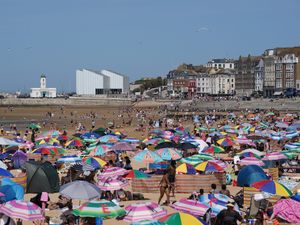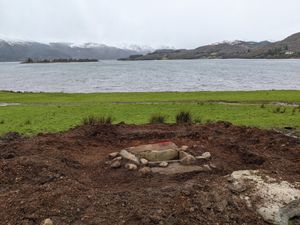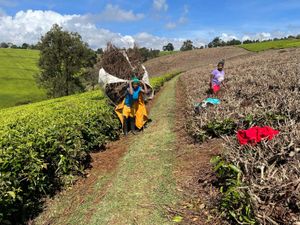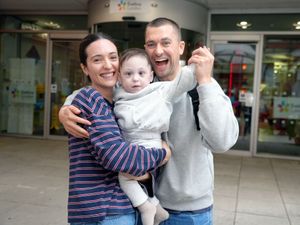NSPCC: Police figures show 44% rise in cyber-related sex crimes against children
The data showed that among forces that recorded ages, 13 was the most common age of a victim.

Thousands of cases of child sexual abuse linked to the internet were recorded by police last year, figures show.
Rape, sexual assault and grooming were among the offences logged which had a “cyber flag”, meaning the crime had an online element, with the youngest victim aged three.
The NSPCC, which obtained the data through Freedom of Information requests, said it was urging the next government to introduce strict internet safety measures to protect children.
In total, there were 5,653 child sex crimes recorded in 2016/17 involving the internet, equivalent to around 15 each day.
This was based on information from 39 police forces in England and Wales who gave figures on cyber-related sex crimes against under 18-year-olds.
The number has risen by 44% compared to 2015/16, the NSPCC said.
For the past two years, police have been required by law to add a “cyber flag” to any child sexual offences that involved the internet in some form. This could include activity such as online grooming, using the internet to meet up with a child, or an individual pretending to be someone online that they were not.
The data showed that among forces that recorded ages, 13 was the most common age of a victim. There were almost 100 crimes committed against youngsters aged 10 and under, and the youngest victim was aged three.
In 2015/16 Childine, which is run by the NSPCC, held more than 3,700 counselling sessions with youngsters about online sexual abuse, the charity revealed.
It said it was calling for an independent regulator to be established to hold social media companies to account and to issue fines where they failed to protect children.
The charity also wants to see the government draw up minimum standards that internet firms must meet to safeguard children, and for children to be automatically offered safer social media accounts that have default privacy settings to protect them from harmful content and potential online predators.
NSPCC chief executive Peter Wanless said: “These figures confirm our fears that offenders are exploiting the internet to target children for their own dark deeds.
“Children also tell our Childline service that they are being targeted online by some adults who pose as children and try to meet them, or persuade them to perform sexual acts on webcams, before blackmailing them.
“This terrifies them and can leave some feeling worthless, depressed, and suicidal. We cannot idly sit by knowing that more and more innocent young people are being harmed online.
“Today’s worrying data leaves the next government with no choice but to urgently address this issue.
“We are calling on them to force internet companies and social media sites to adhere to rules that keep their young users safe.”





